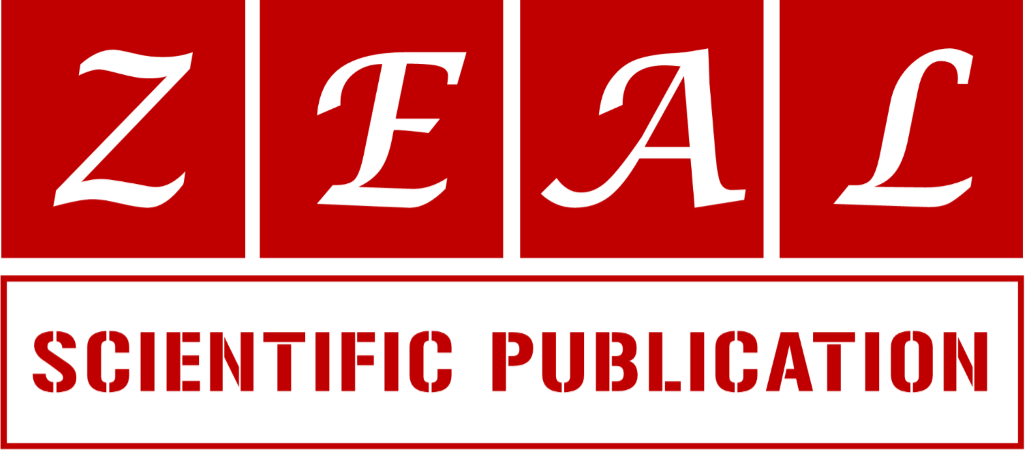Alpha-Lipoic Acid (ALA), fatty acid and promising chelating agent for neurological ailments
1 Medicine-Hematology, King Saud University and National Blood and Cancer Center, Riyadh, Kingdom of Saudi Arabia.
2 Micro Trace Minerals Laboratory, Hersbruck, Germany.
Research Article
World Journal of Biological and Pharmaceutical Research, 2022, 03(01), 009–014.
Article DOI: 10.53346/wjbpr.2022.3.1.0038
Publication history:
Received on 23 May 2022; revised on 30 June 2022; accepted on 02 July 2022
Abstract:
Alpha-lipoic acid, a sulphur-containing fatty acid, also known as thioctic acid, occurs as a coenzyme and component of the pyruvate dehydrogenase complex in the mitochondria of almost all living things with a cell nucleus. As a natural substance, it is considered a safe, well tolerated chelating agent. Unlike the hydrophilic chelating agents DMSA, DMPS or EDTA, which are prescription items, not easily available in some countries, the lipophilic α-lipoic acid (ALA) is a natural substance and as such not regulated as strictly. It has the ability to pass the blood brain barrier (BBB) and can thus penetrate all areas of the nervous system. Consequently, current research investigates whether and to what extent oral administration influences the development of metal-based multiple sclerosis (MS) and M. Alzheimer.
With our clinical research we could confirm ALAs metal-binding ability and the extend of urinary excretion for the metals Arsenic, Barium, Manganese, Mercury and Nickel following oral application. We established a treatment protocol, suitable for people of all ages and confirmed the safety of ALA, if given in moderate doses.
Keywords:
Alpha-Lipoic Acid; Oral Chelation; Arsenic; Mercury; Multiple Sclerosis; Alzheimer
Full text article in PDF:
Copyright information:
Copyright © 2022 Author(s) retain the copyright of this article. This article is published under the terms of the Creative Commons Attribution Liscense 4.0
